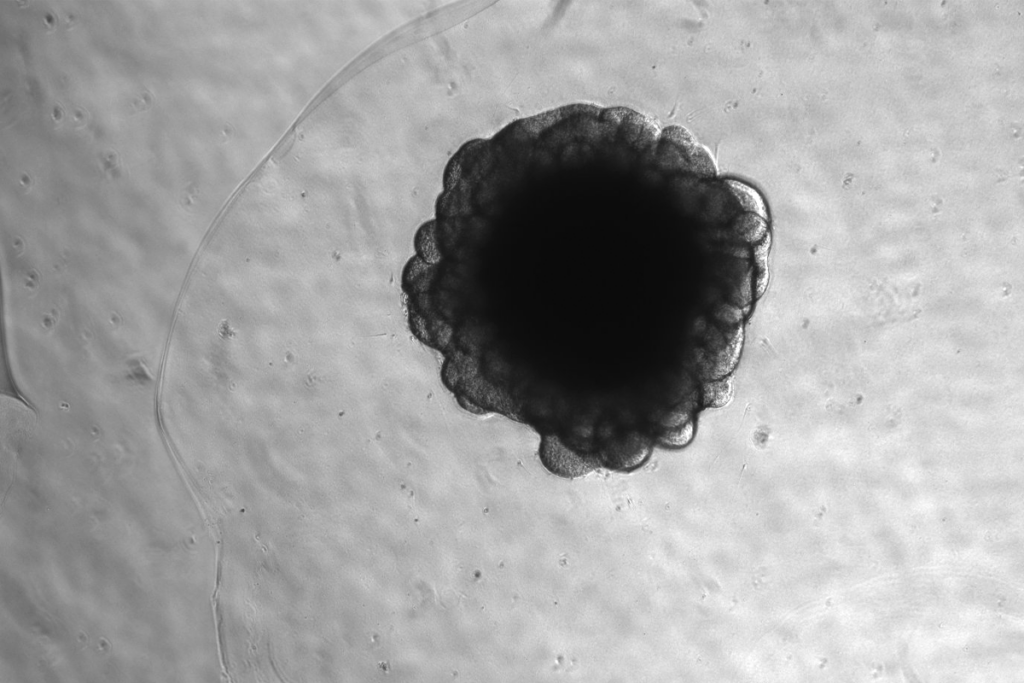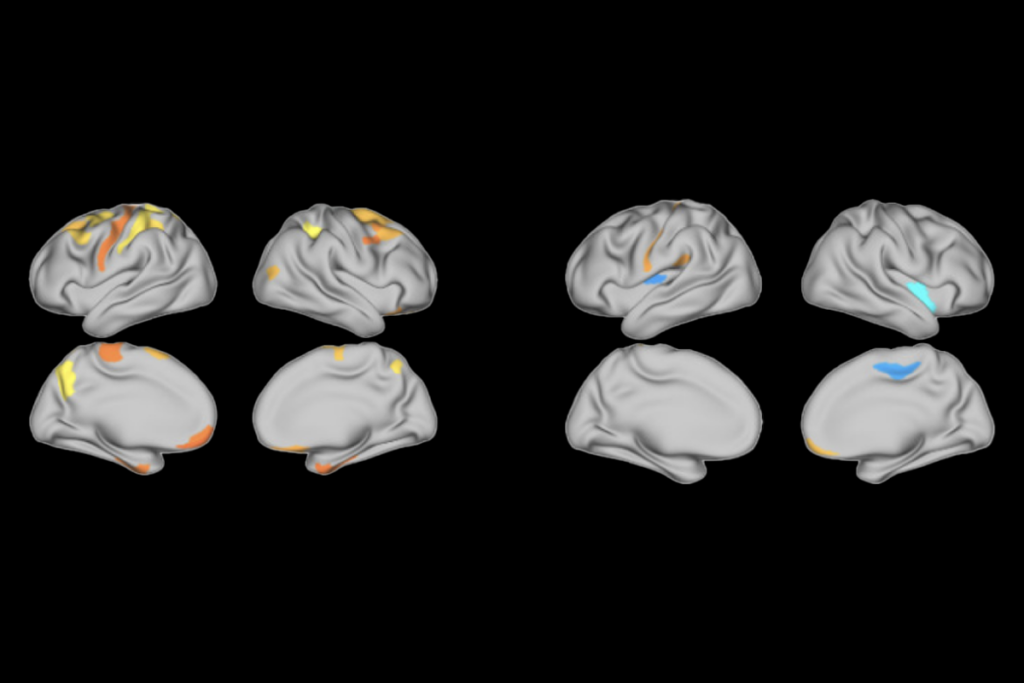Helen Tager-Flusberg is director of the Center for Autism Research Excellence at Boston University. Her research aims to untangle autism and language impairments using behavioral and brain-imagining studies. She was also a columnist for Spectrum.
Boston University
Helen Tager-Flusberg is director of the Center for Autism Research Excellence at Boston University. Her research aims to untangle autism and language impairments using behavioral and brain-imagining studies. She was also a columnist for Spectrum.
A diagnosis of social communication disorder only keeps people from a community and resources they desperately want and need.

Studying parents of children with autism has long been controversial, but that doesn’t mean scientists should avoid it.

Elsa, the star of the movie “Frozen,” is the poster child for girls with autism.

Scientists should slow down and return to the basic tenets of research to regain the public’s trust.

Trials to test drugs for autism suffer from subjective measurements and placebo effects. Helen Tager-Flusberg outlines how to ferret out the true effects of potential autism therapies.

The retroviral insert appears to inadvertently switch off a gene involved in brain development.

The retroviral insert appears to inadvertently switch off a gene involved in brain development.
Here is a roundup of autism-related news and research spotted around the web for the week of 26 January.

Here is a roundup of autism-related news and research spotted around the web for the week of 26 January.
Studying how organisms infer indirect threats and understand changing contexts can establish a common framework that bridges species and levels of analysis.
Studying how organisms infer indirect threats and understand changing contexts can establish a common framework that bridges species and levels of analysis.